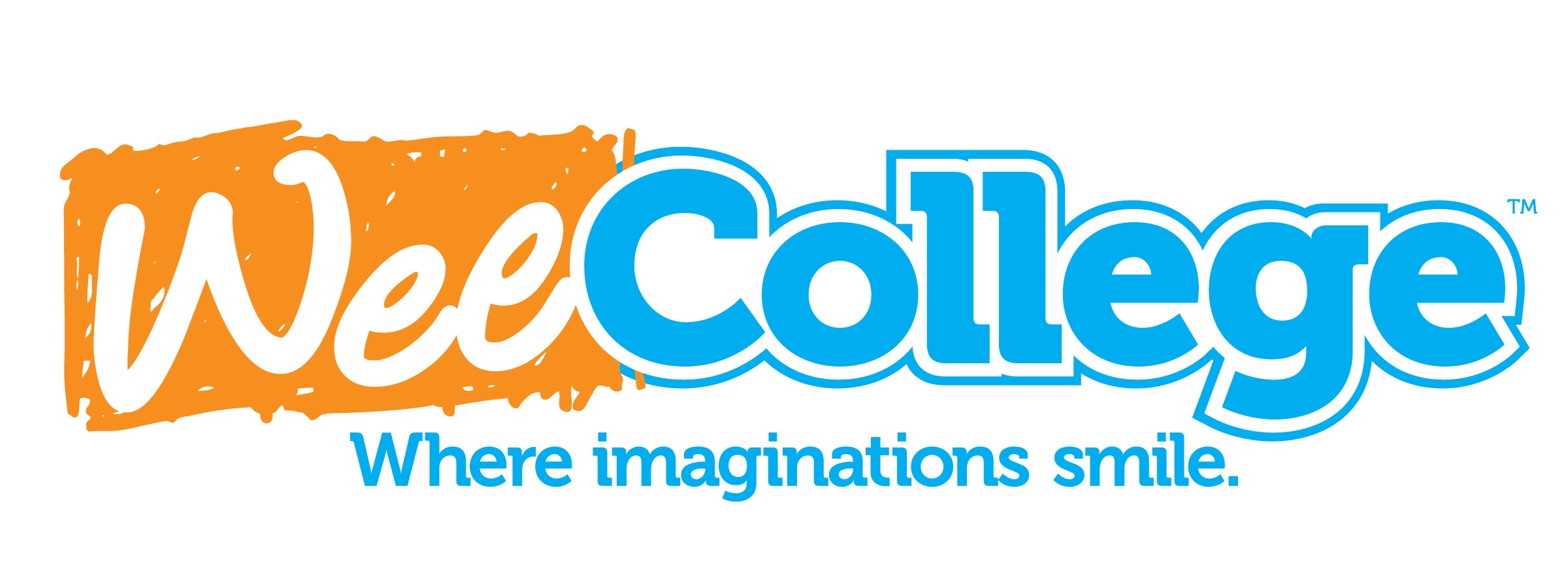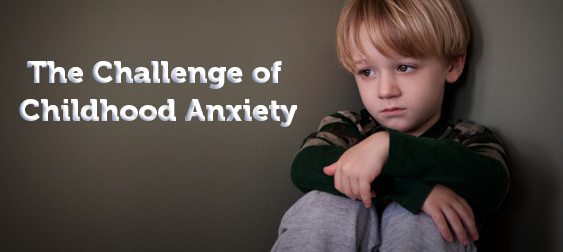
Footprints On My Heart – June 2015
January 11, 2016
Creating a brighter future
April 4, 2016There’s a fable about a man sitting by the side of a swift moving river on a summer’s day when suddenly he hears a frantic cry for help. Looking upstream he sees a child overcome by the river’s powerful current, arms flailing and struggling to stay afloat. Instinctively the man jumps into the river and pulls the child to safety. Seconds later he spots another child caught in the river’s surge, fighting to keep from drowning. Once again the man wades into the treacherous waters. Pulling the second child onto the river bank, the man collapses in exhaustion. Gasping for breath, his relief is shattered when two more children can be seen and heard thrashing in the clutches of the river’s current. A passerby arrives and together they jump into the water and rescue the anxious children. But the scenario continues to repeat itself as dozens of children trapped in the water’s swell are rescued by a growing legion of helpers. Suddenly the man climbs out of the water and begins walking along the bank of the river, away from the crisis and seemingly oblivious to the continued cries for help. “Where are you going”? someone asks. “This can’t continue”, says the man. “I’m going upstream… I need to find out who’s throwing these children into the water”.
I was reminded of this story recently while browsing through newspaper and magazine articles related to child wellness. One was a New York Times article entitled, “Suicide on Campus and the Pressure of Perfection”. It’s a story about how we are losing some of our most compassionate and talented young men and women to the pressures of modern life. It’s a powerful testimony to how modern advancements like social media are influencing the age old existential questions, “Who am I?” and “Why am I here?” It was heartbreaking to read.
No sooner had I finished the piece when I came across a new article in the journal Pediatrics citing new evidence that “picky eating” in children is associated with symptoms of psychological disorders like anxiety, depression and attention deficit hyperactivity disorder. The authors estimate that the 20 percent of children affected by even moderate selective eating may not be simply going through a normal “phase” in their development, but could be aggrieved by other problems related to the stress and anxiety in their lives.
Then I found a third disturbing exposé entitled “Today’s Exhausted Superkids”. This article makes reference to a large and growing body of literature urging us all to take a serious look at our obsession with preparing our children for achieving success and avoiding failure – helicopter parenting; excessive private tutoring and test scores; and the professionalization of childhood through sports, extra-curricular activities, and parents trying to live their childhood dreams through their children. The book titles alone are a wake-up call for all of us – “Overloaded and Underprepared”, “The Price of Privilege”, “How to Raise an Adult”, and “The Worried Child”.
Frustrated, I decided to “take a walk upstream” and asked Google the question, “What is causing our children to be stressed, anxious and depressed?” I found articles on how to recognize the signs and symptoms, and books offering advice on how to help your child to deal with it. And some resources suggested how you could help reduce it. But there was little to nothing on what we can do to stop it. That’s because the relationship between cause and effect is overwhelmingly complex and ambiguous. We want our children to be happy, healthy and prosperous. And that sounds simple enough until you begin to immerse yourself into the black hole of parenting where trying to understand what’s best for children quickly deteriorates into a chaotic contradiction of research, philosophies, personal bias, and your grandmother’s fortune cookie wisdom. Any attempt to get to the truth of the matter and you risk getting sucked into the same vortex of anxiety and despair that you hoped to avoid for your child.
Nevertheless, we can’t keep pulling our children out of a river of anxiety and depression. We have to find out who or what is causing this to happen and address it at the source. Wee College would like to invite you to explore with us some of the latest research and information on topics related to the well-being of children. We’ve begun posting numerous articles in the Parent Resources section of our new web site. We encourage you to take a moment to read some of them and let us know what you think. Perhaps we can work together to find real solutions to the problems our children face today. Take a look at some of the articles we’ve posted and let me now your thoughts at jarsenault@weecollege.com



